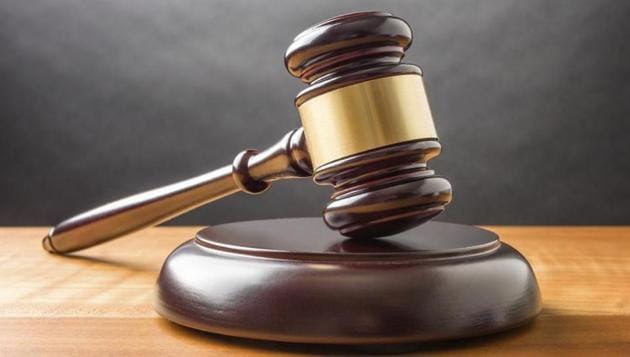Make Mumbai safer, fix the criminal justice system
The crime rate for assault on women was 25.6 per lakh people compared to the average of 19.3 for metro cities, in the NCRB report.
Mumbai is turning into an unsafe city for women and children with every passing year. New data, fresh interpretations of data, anecdotal experiences, all point to how the city is no longer as safe as it used to be. This begs the question: What should be done to specifically prevent crimes against women and children?

Before that, let’s look at the larger framework of crime and the city. Mumbai’s crime rate marginally dipped in the last three years, from 362 cases per one lakh people to about 321, according to the National Crime Records Bureau (NCRB) report last year. Violent crimes like murders, kidnappings, petty crimes like chain-snatching were, thankfully, on the downswing. Mumbai was placed third behind Delhi and Chennai in the total crimes reported but adjust this for population, that’s crime rate per lakh of people, and the city ranked a more reassuring 15.
But the opposite has happened in crimes against women; the graph has been moving up. The crime rate for assault on women was 25.6 per lakh people compared to the average of 19.3 for metro cities, in the NCRB report.
Now, data from Mumbai Police shows that the number of reported rape cases doubled in the last five years and the number of molestation cases rose a staggering 165% in the same time. The rape cases went from 294 in 2012-13 to 576 in 2016-17; molestation cases rose from 793 to 1,209 in these years. This data accessed and analysed by Praja, the policy-advocacy think-tank, significantly adds to our understanding of the issue.
The time-analysis is important. It shows a clear trend and has revealed more than the year-on-year data put out by the Mumbai Police. It has other revelations too: more than 40 serious crimes were reported every day; the suburbs of Bandra, Kurla, and Vile Parle had the highest number of registered crimes; seven out of ten sexual assault victims were minor girls; the police took an average of 11 months instead of the mandated three to file charge-sheets; and the conviction rate for serious crimes was only 23%. But the enormous rise in the reported cases of rape and molestation is most disturbing.
An explanation for the upsurge forwarded by the police as well as some women’s groups is increased reporting of these crimes. More women are going to the police and reporting violations, more women are being encouraged to do so, they say. This, they trace back to increased awareness and heightened sensitivities in society as a result of campaigns and programmes targeted at women and police officials.
This is, indeed, correct but it does not fully explain the massive rise. After discounting for increased reporting, it points to the unattractive truth: Mumbai has slowly but surely turned unsafe, even risky, for women and children. More women are at risk than ever before, more children too.
And this has a great deal to do with poor conviction rates in crimes against women. Save one Shakti Mills rape case, most rape and molestation cases drag on in the courts for years and usually end in acquittals. Convictions in rape cases have been a mere 18%, much lower than convictions in other serious crimes, the analysis shows. From delays in investigation to lack of evidence and witnesses, the reasons are many.
All these point to a crucial link in making Mumbai safer for women: The broken criminal justice system. Till this is set right, till police reforms are introduced across the board, till the prosecution approaches these cases with urgency and sensitivity, the situation is not likely to change. While preventive programmes, technological solutions like CCTVs, urban design and planning are important, a determined and efficient police force and a dedicated prosecution system are critical factors in making Mumbai safer. There are no substitutes for these. Chief Minister and home minister Devendra Fadnavis, please take note.




